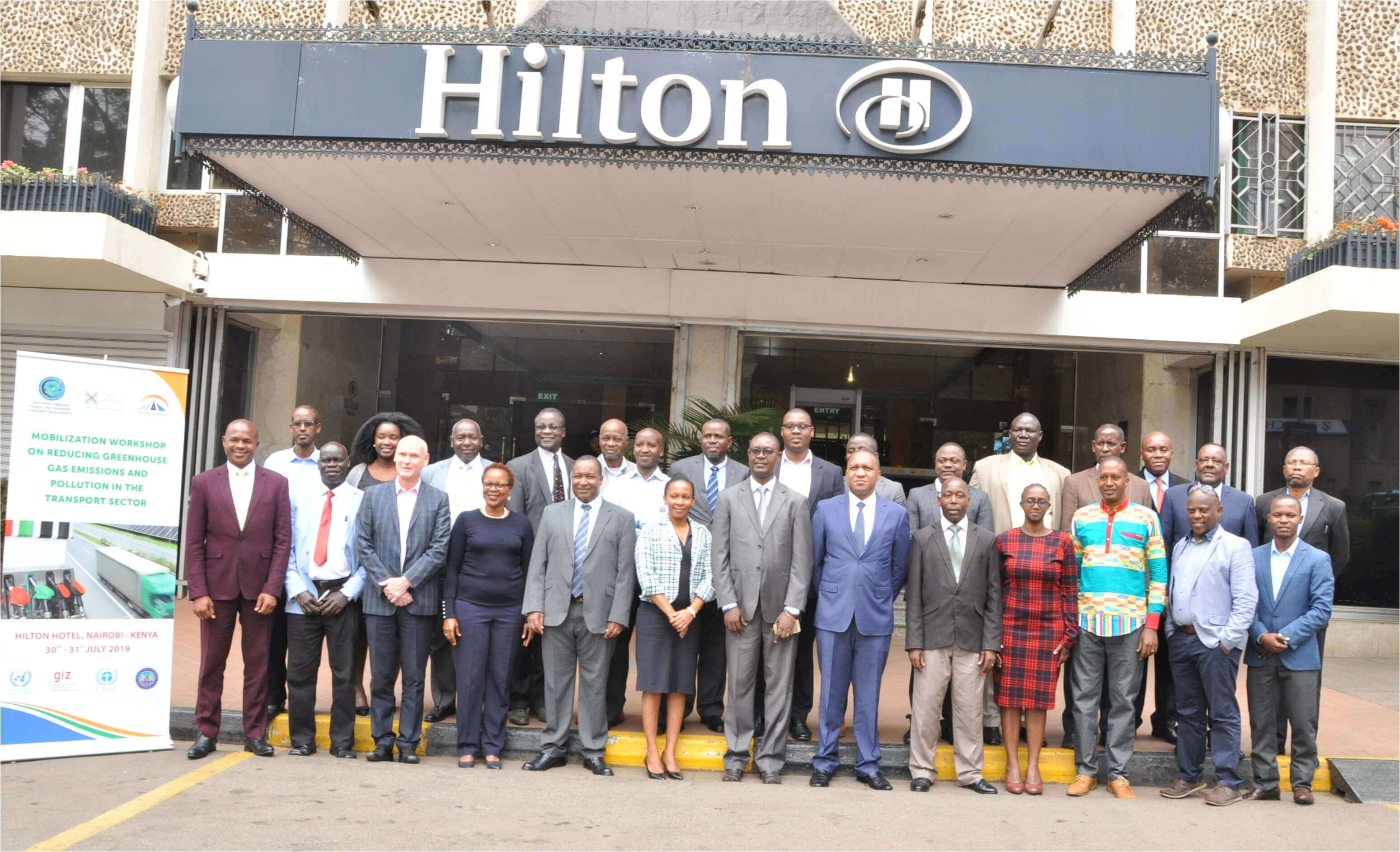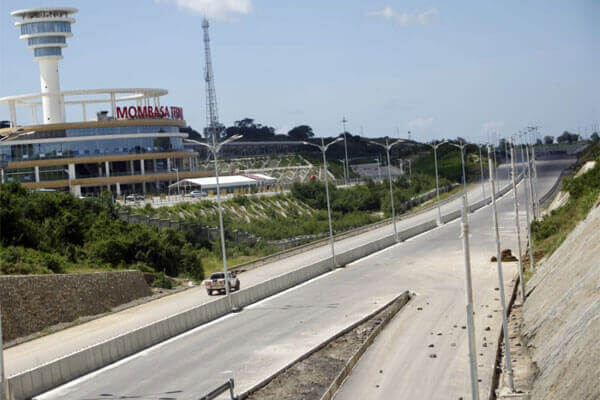The Minister of Trade, Industry and Cooperatives, Hon Amelia Kyambadde is expected to make a strong case for the African Continental Free Trade Area (AfCFTA) at the second Regional Logistics Expo 2019 (RLE2019), to be held next week on August 21st and 22nd, 2019 at the Sheraton Kampala Hotel. The operational phase of the AfCFTA was launched at the Niger Summit of the African Union, last month, with the free trade area expected to tear down borders and ensure full continental integration. AfCFTA is also expected to drive growth and innovation for Africa, and to create opportunities for sustainable development and realizing Agenda 2063. The AfCFTA will be one of the largest free trade areas since the formation of the World Trade Organisation, given Africa’s current population of 1.2 billion people, which is expected to grow to 2.5 billion by 2050. The Trade Ministry has been rallying Ugandan businesses to be ready to exploit the opportunities that will arise with the continental agreement, with Hon Kyambadde at the forefront. “She is very passionate about AfCFTA,” Mr Julius Kasirye, the Senior Commercial Officer at the Trade Ministry, said. “When she begins speaking about AfCFTA, she convinces you that anything is possible,” Mrs Merian Sebunya, the chairperson of the National Logistics Platform, one of the partners of the RLE2019, added. Both were speaking recently during an Expo preparatory meeting held at the Ministry of Works and Transport (MoWT) offices. The Uganda Freight and Forwarders Association (UFFA) is hosting the Expo, in partnership...
Kyambadde to Make a Case for Africa Free Trade Area at Logistics Expo
Posted on: August 14, 2019
Posted on: August 14, 2019

















